In 1811, a group of skilled weavers and textile workers in central England started a series of attacks on the machinery that was slowly replacing them, producing goods at much faster speeds and earning the mill owners a lot more money. They were called the Luddites, a phrase which has now come to mean anyone opposed to technological advancement.
This trend continued, and more and more workers are set to lose their jobs to robots, machines, or other types of modern technology in the coming years. One recent report estimated that 38% of jobs in the US will be automated by the year 2030, while 10 million workers in the UK could find themselves replaced by technology by 2032.
The list below shows the professions which are most at risk of being usurped by a robot. Is your employment at risk from the rise of the machines?
15. Sports Referees

Video technology is already widely used in sports like tennis, cricket, and American football. It is therefore correct to say that it is only a matter of time before human umpires –and all their human mistakes–are replaced completely by video technology and machines, which can make accurate judgments in a matter of seconds. Baseball is probably the sport which is closest to making the switch, with an independent league already having tested an automated system to call strikes and foul balls. The only problem is that all these accurate decisions made by machines will mean that fans no longer have anyone to blame when things don’t go their team’s way.
14. Manufacturing
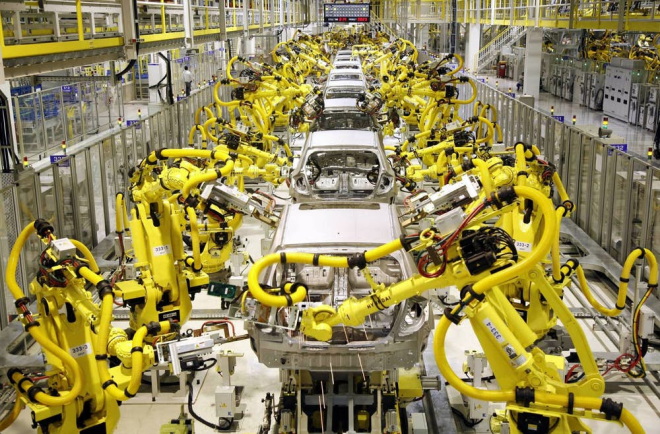
The manufacturing industries are already the domain of the machines, with plants that build everything from cars to cellphones using mainly robotic labor. This is a pattern which is only going to increase as the machines themselves become more reliable, more flexible, and more intelligent, able to perform more than one task in the assembly line, unlike the current static robotic arms. Well, Donald Trump may accuse China of stealing all the US’ manufacturing jobs, but the fact is that 88% of the 5 million jobs lost in this sector since 2000 have been lost to robots, not foreigners.
13. Bank Tellers
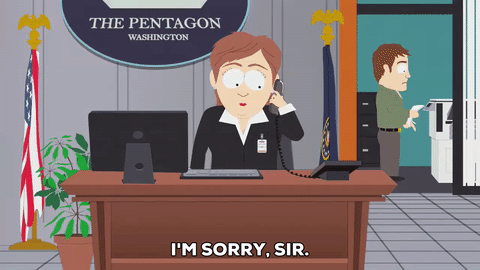
Given that more and more of us are doing our banking online, one could argue that banks themselves are being replaced by robots, never mind just their staff, although it won’t be long before bank tellers find themselves surplus to requirements. Loan officers already use computer algorithms to work out if a customer is a safe bet to loan money to. So, why not just cut off the middle man and have the machine do all the work? This is already happening with online loan companies, and pretty soon, the only human in our banks will be the guy that services the computers.
12. Fast Food
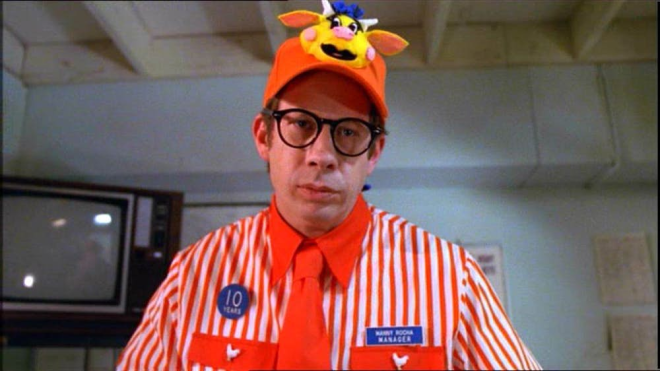
Next time you’re in a fast food restaurant, try and take a peek into the kitchen. Not to check how dirty it is, but to observe how much of the cooking process is already automated. Once we develop robots that can interact with customers in monosyllabic grunts, we’ll be able to replace fast food servers too. There are some fast food places where you can already order and pay for your food at a computer terminal and collect it from the counter, all with the least possible human interaction. Would anyone really notice if McDonalds and Burger King replaced their workers with robot replacements?
11. Construction Workers
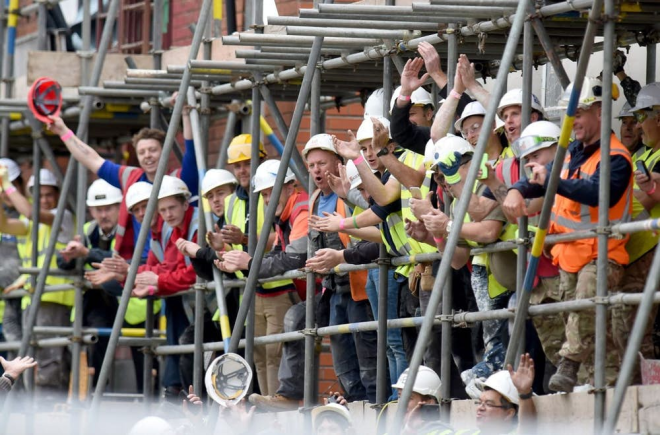
In the same way that the manufacturing industry could well be entirely mechanized in the not-too-distant-future, the construction industry is also facing a rise of the machines of its own. After all, whether you’re building a car or a house, the basics are pretty much the same, it just depends on what you program the machines to do! There is already a robot that can lay bricks more accurately and faster than human workers, and other machines are in development which can be used for other parts of the construction process. The big question is, would you be able to program them to catcall women?
10. Financial Analysts

Financial analysts, those mysterious figures who “play the stock exchange” on behalf of wealthy clients for extortionate wages, should probably enjoy the ride while they can as their days are already numbered. Many amateur traders are already using online systems and apps that advise them how to trade depending on computer analysis of the markets. And as these systems improve, they are starting to outperform human analysts, getting a better return for the investors by eliminating human error, and acting purely on the facts and figures! How long before those wealthy clients make the switch to robot financial analysts too?
9. Farmers
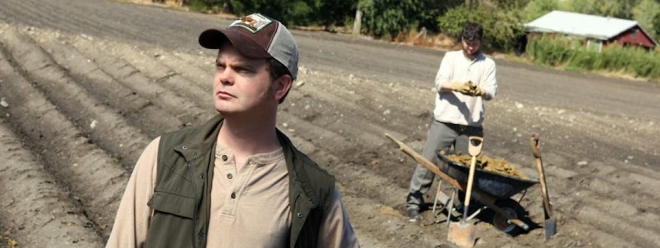
Farming might seem as an unlikely profession to be completely replaced by machines, but think about how much of the modern farm is already mechanized. There are automatic milking machines, automatic sheep shearing machines, and even an automatic sheepdog to help you keep your flock in line. There are plenty of robots that could replace farming staff in the arable side of things too, picking apples and pruning vines faster and cheaper than a field full of laborers. While the overall owner of the farm is unlikely to be under threat, his or her workers should definitely be looking over their shoulders.
8. Telesales

Telesales staff have a 99% chance of their job becoming automated. In fact, many companies have already embraced the efficiency of using machines and recorded messages to reach as many potential customers as possible. How many of you have already had a “call” from an automated system offering you a great deal on a product or service? It might take a little longer for help desk operators to be replaced by robots, as staff in these roles still need to be able to respond to the customer’s problem, but as artificial intelligence becomes more advanced, their jobs could also be at risk.
7. Librarians

Library staff are ripe for robotic replacement. After all, they’re not supposed to speak to customers, so why not replace them with silent machines? Robots can easily read barcodes on books and return them to their proper place in the library, as well as retrieving books for a customer in seconds rather than looking it up in an old-fashioned card index, before sending them on a wild goose chase! Of course, older libraries will not want to ruin their studious mood with a load of wires and machines, but your average municipal library would probably run much more effectively with robots at the helm.
6. Journalists

Journalists reading this will consider their replacement by machines as sacrilege, but consider how we mostly get our news these days—through the internet. Usually, these news sites take press releases from organizations or the Press Association and simply repeat them verbatim—no creativity required. Humans may be needed for op-ed pieces, but the rest of a newspaper or website can easily be filled by machines reprinting press releases or following a programme to write an “original” piece on another issue. You could even have robotic newscasters, programmed to deliver words already written by another machine. That would make Anchorman sequels very different movies.
5. Insurance Agents
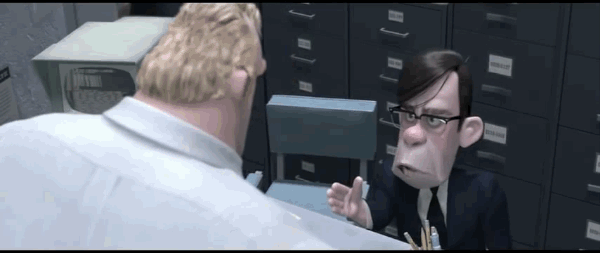
This is yet another career where the mechanization of human roles has already begun. When you apply for insurance or make a claim, your agent doesn’t work out quotes or payments themselves. They run straight to a machine pre-loaded with specialist software to do their calculations for them. In fact, the only bit you really need humans for is the sales part. And as we have already seen, even that line of work is under threat from robots. The calculations involved in insurance are very complicated, and machines are already better than humans when it comes to making hard-headed decisions about whether a payout should be made or not.
4. Security Guards
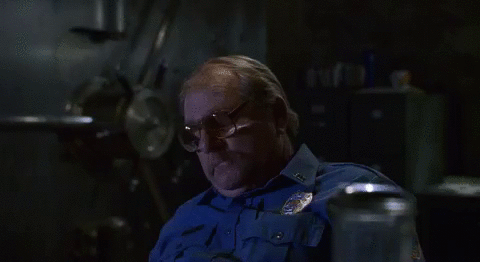
Security guards have already been replaced in a lot of institutions and offices by ID cards, which staff scan to gain entry to certain parts of the building. However, human security guards could soon become an endangered species, in shopping malls, workplaces, and even high-security military and government facilities. After all, robots can easily be armed with tasers and incapacitating sprays and programmed to use them when an individual fails to respond to warnings. They wouldn’t have the same human resistance to hurting another person either, although some people worry that could be a bad thing!
3. Movie Stars
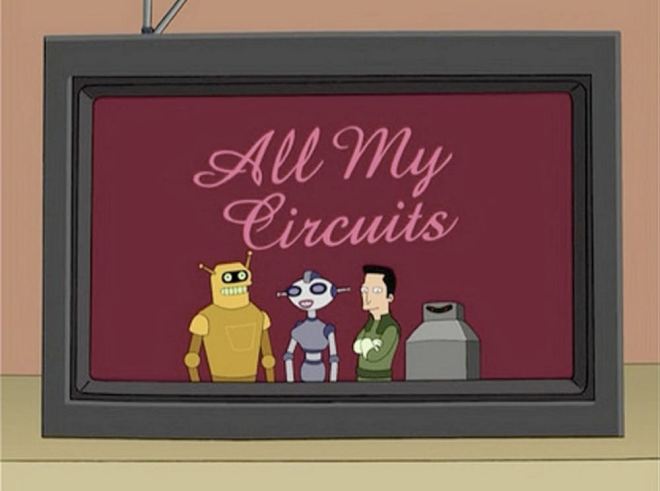
In the TV show Futurama, set in the year 3000, one of the most popular shows on the small screen is a soap opera called “All My Circuits” in which all the roles are played by robots. Now, perhaps we’re not yet ready for a movie or a TV show with a cast of machines, but films already use a lot of CGI to create amazing backgrounds and has already been used to create onscreen characters, such as Gollum in The Lord of the Rings trilogy and the alien creatures in Avatar. How long before all of our favorite films are populated with nothing but manufactured actors?
2. Bartenders
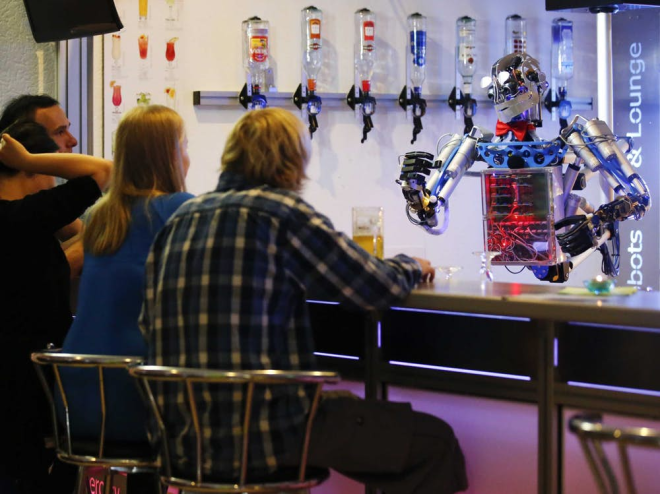
Rather like the idea of replacing fast food servers with robotic alternatives, how long before drinking establishments realize that they can serve more booze more quickly if they install a couple of machines behind the bar? They could spot fake IDs far more effectively than humans–to make sure no one under 21 was trying to cheat the system–and could even be programmed with some standard bartender chat, so that anyone drinking to forget their problems could still unburden themselves in time-honored fashion. Most impressively, a machine could make a cocktail much quicker than human hands, speeding up waiting times at the bar—a big positive for customers!
1. Taxi Drivers
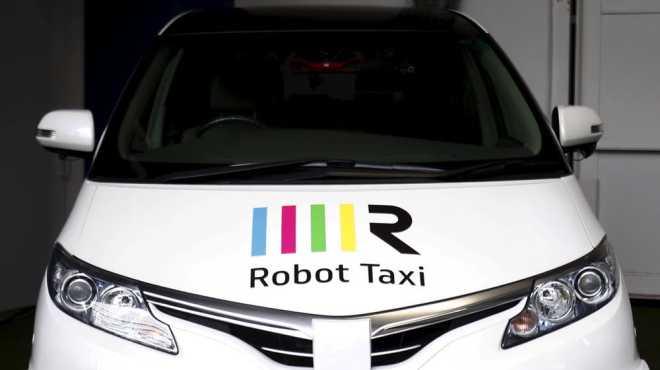
Self-drive cars are already a reality, and although they have been designed as a safety feature, this invention could have implications for taxi drivers. Wouldn’t it be great to take a taxi that would always take the quickest route? One that knew where all the holdups were simply because it was connected to the latest traffic news on the internet? Best of all, wouldn’t it be great to take a cab without having to make annoying small talk with the driver? Once self-drive technology is perfected, it is only a matter of time before self-drive cabs appear on our streets too.

